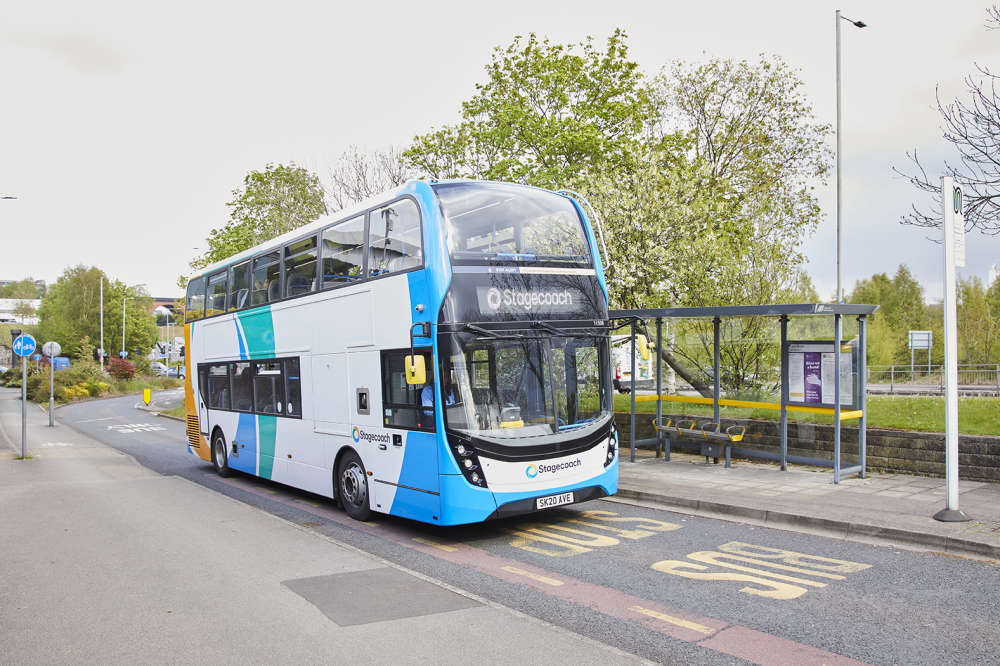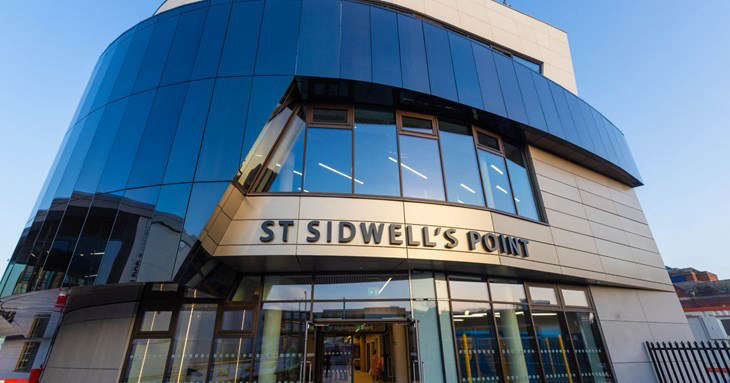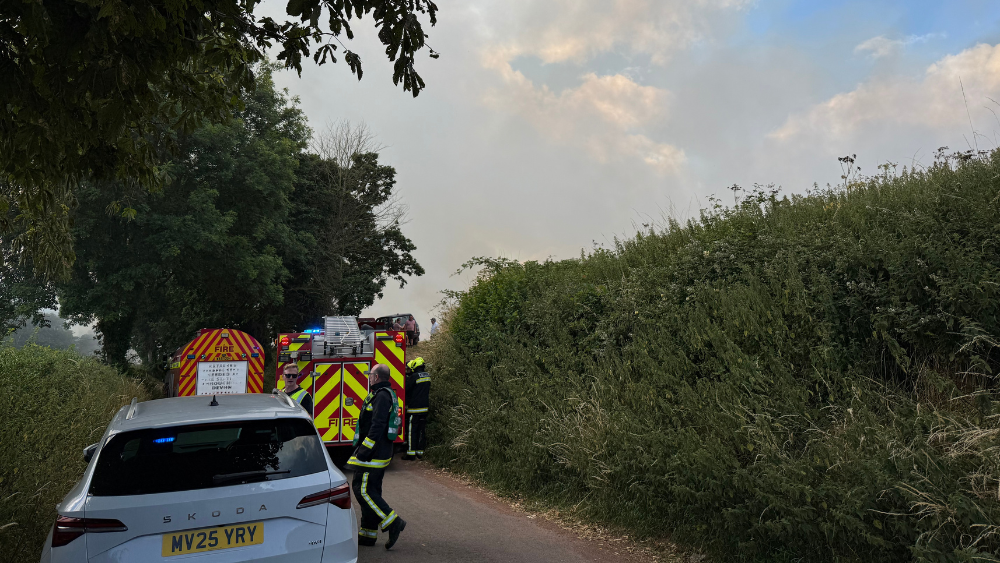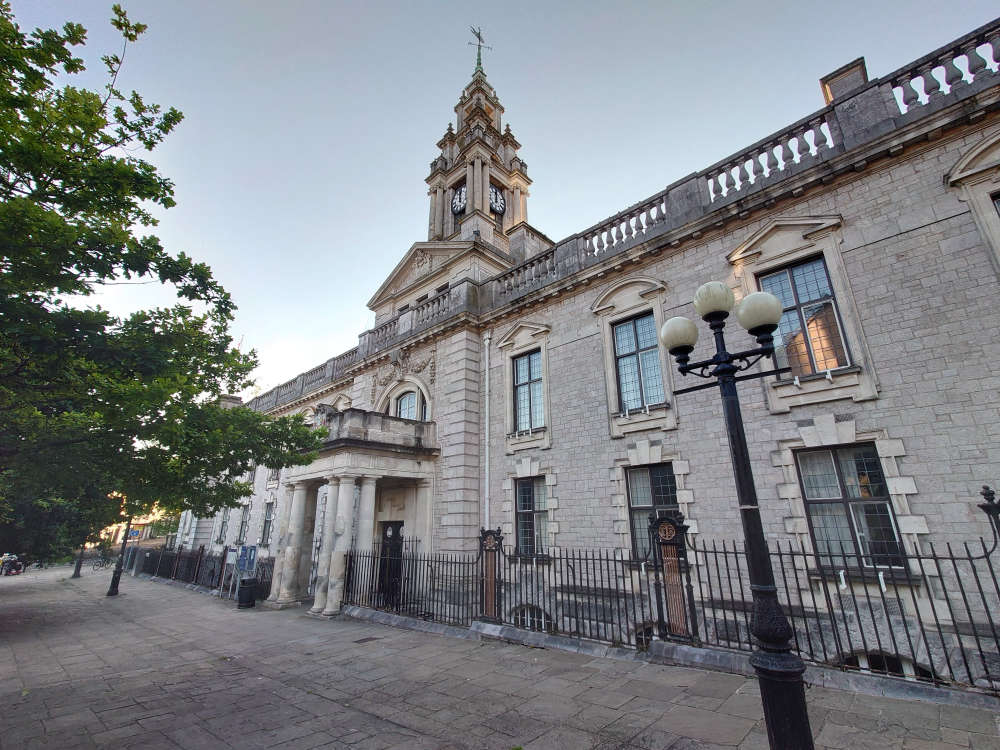
Schedule reflects 'post-pandemic travel patterns'
Stagecoach is introducing a new timetable for Exeter to reflect post-pandemic travel patterns.
The service has been under pressure since the first lockdown in March 2020, when only key workers were permitted to travel.
Despite the economy picking up, passenger numbers have not returned to pre-covid levels.
The company says its Exeter changes have been developed in consultation with Devon County Council.
It has come under considerable criticism over the past year, as some services were cancelled or delayed, often at short notice. Unions threatened industrial action after rejecting an offered pay rise and changes to working conditions.
They start on 31 July will be effective from Sunday 31 July and include:
- Exeter Park & Ride services timing changes
- Redesigned connections from the city centre to Exminster and Pinhoe / Science Park, affecting routes B/2B, L and K
- Enhancement to services between Exeter and Cranbrook, with a redesigned service for journeys onto Honiton and Axminster, affecting routes 4/4A/4B. Changes will also take place beyond Seaton on and route 9A.
- Simplified services between Tiverton / Cullompton and Exeter, affecting routes 1/1A/1C
- Exeter Night Buses will be withdrawn until the autumn with Devon County Council looking at the feasibility of an alternative solution
- Some minor changes to the location of stand departures at Exeter Bus Station
- A frequency change to Route 56 connecting the city centre to Exeter Airport
Stagecoach South West managing director Mike Watson said: “We have designed a new core package of services to provide a sustainable bus network now, so that we can grow services over the long term.
“In addition to this, with the current nationwide shortage of bus drivers, we need to concentrate our resource on the services where demand is greatest to ensure that vital journeys and connections are maintained and to provide a network that best meets the changing needs of the communities we serve."
“Buses remain fundamental to daily life in Britain. Looking ahead, they are also critical to helping achieve a green economic recovery, tackling climate change, ensuring cleaner air, and supporting connected communities.
“We will be working together with national and local government to attract more people out of their cars and onto more sustainable public transport. The more people who switch to bus, the stronger our networks will be. It can generate vital investment for more electric vehicles, helps keep fares low and ultimately will help us to expand the bus network to meet new demand.”
 Exeter's Net Zero quest will be expensive
Exeter's Net Zero quest will be expensive
 West Devon care leavers get financial boost
West Devon care leavers get financial boost
 Murder charge after discovery of human remains
Murder charge after discovery of human remains
 Young stars set to shine in Exeter panto
Young stars set to shine in Exeter panto
 Fire crews tackle barley field blaze
Fire crews tackle barley field blaze
 £500k for new homes for Torbay and Afghan families
£500k for new homes for Torbay and Afghan families
